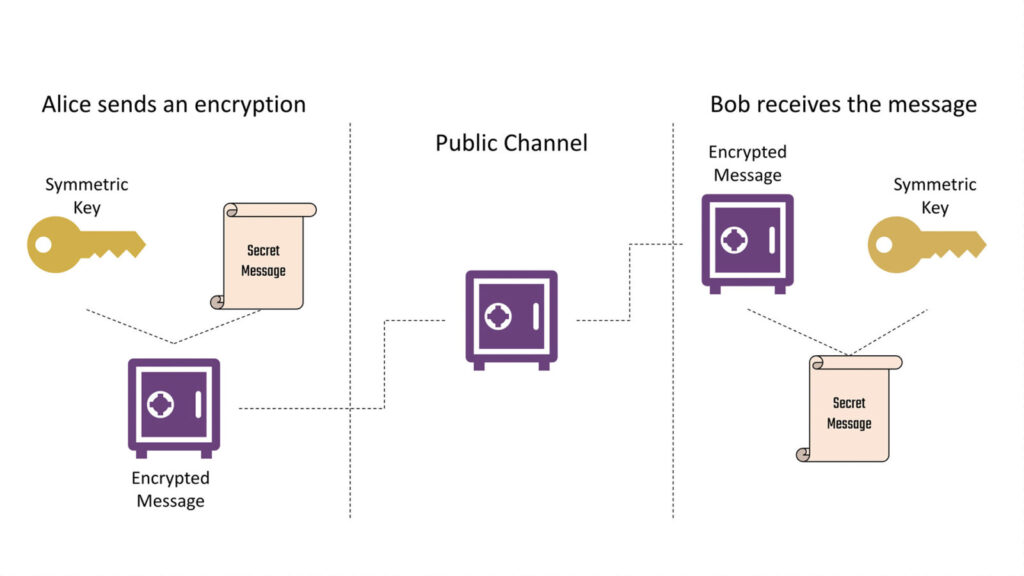Quantum cryptography is indeed an emerging field that has the potential to revolutionize the way we secure our digital communication and ensure privacy in the future. Traditional cryptographic systems rely on mathematical algorithms that are difficult to break using classical computers, but they could be vulnerable to attacks by quantum computers, which have the potential to solve certain problems much faster.
Quantum cryptography utilizes the principles of quantum mechanics to provide secure communication channels. It leverages the unique properties of quantum mechanics, such as the uncertainty principle and the no-cloning theorem, to establish secure cryptographic keys and detect any attempts at interception or tampering.
Quantum Cryptography Features
One of the fundamental aspects of quantum cryptography is the use of quantum key distribution (QKD) protocols. QKD allows two parties, usually referred to as Alice and Bob, to establish a secret key that can be used for secure communication. The security of QKD is based on the principles of quantum mechanics, making it highly resistant to attacks, even by quantum computers.

The main advantage of quantum cryptography is that it provides a provably secure method of key exchange. Any attempt to intercept the quantum communication would disturb the quantum state, and this disturbance can be detected by the legitimate parties. This ensures that the communication remains secure and any potential eavesdroppers can be detected.
Furthermore, quantum cryptography can offer other security features, such as secure quantum teleportation and quantum digital signatures, which can enhance the overall security of digital communication systems.
However, it’s important to note that quantum cryptography is not a panacea for all security and privacy challenges in the digital world. While it provides strong protection against certain types of attacks, it does not address all aspects of cybersecurity, such as software vulnerabilities, social engineering, or physical security threats.
Additionally, the practical implementation of quantum cryptography is still in its early stages, and there are several technological and infrastructure challenges that need to be overcome. These challenges include the development of reliable quantum key distribution systems, the integration of quantum cryptography into existing communication networks, and the scalability of quantum technologies.
Nonetheless, research and development in quantum cryptography are progressing rapidly, and it holds great promise for the future of privacy in a digital world. As quantum technologies continue to advance, it is likely that we will see increased adoption of quantum cryptography and its integration into mainstream communication systems, providing a new level of security for sensitive data and communication.

